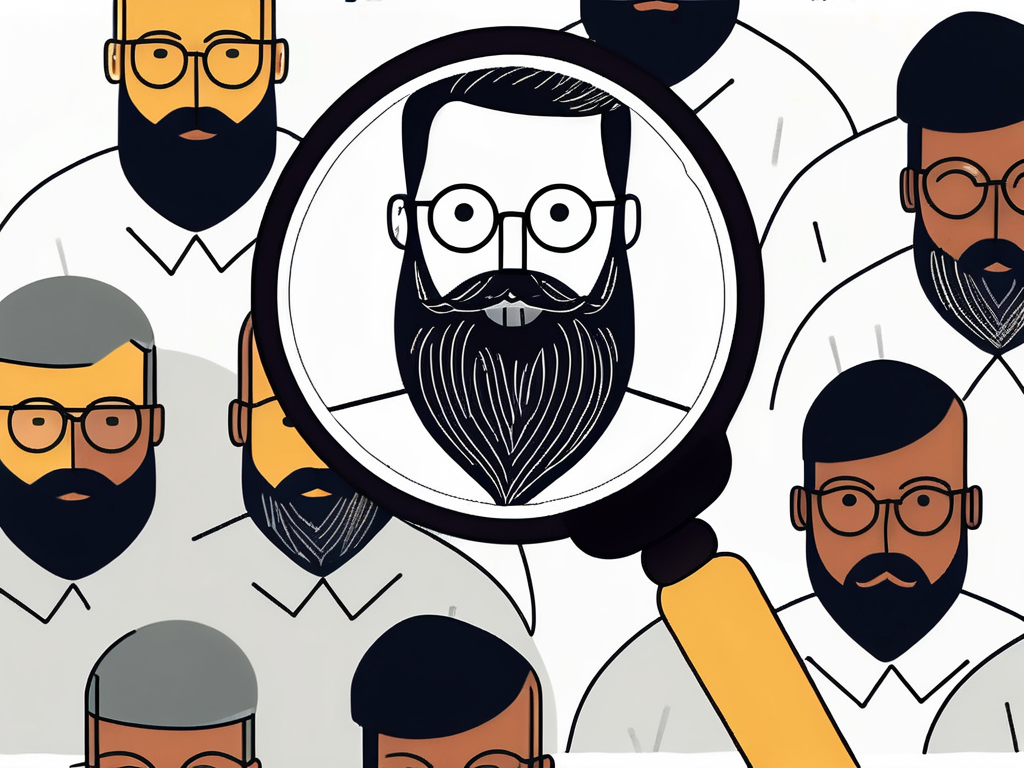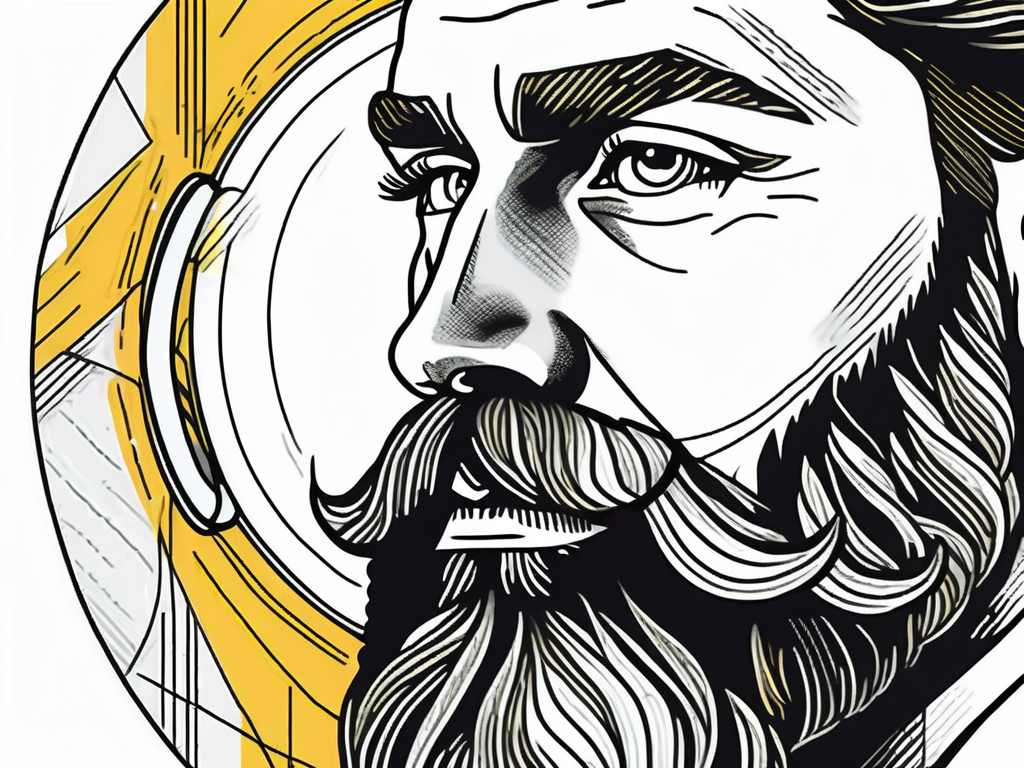Author: The Beard Struggle
Published at: Jun 27, 2024
Every man dreams of sporting a thick, luscious beard that exudes confidence and style. But achieving that ideal beard can feel like an elusive goal. One question that often comes up in the pursuit of a fuller beard is: does simply letting your beard grow really make it thicker?
In this article, we dive into the facts and myths surrounding beard growth, exploring whether letting your beard run wild truly makes it denser.
Letting your beard grow does not necessarily make each individual hair thicker, but it can make your beard appear fuller and denser. As your beard grows longer, the overlapping and layering of hairs create the illusion of thickness by covering more surface area and filling in gaps.
While the actual thickness of your beard is determined by genetics, allowing it to grow out can help achieve a more substantial and robust appearance. Regular grooming and proper care also contribute to maintaining a healthy and full-looking beard.

It's essential to know the beard hair growth cycle. Beard hair, like all hair, goes through three primary phases:
Understanding this cycle helps explain why your beard might appear thicker at certain times and thinner at others. Consistent growth and proper care can maximize the time hair spends in the anagen phase, potentially leading to a fuller appearance.
Genetics play a crucial role in determining the thickness and growth rate of your beard. If your father or grandfather had thick beards, you're more likely to have one too.
However, if your genetic makeup doesn't favor dense facial hair, no amount of waiting will significantly change that. It's essential to manage expectations and understand that genetics set the baseline for your beard's potential.
Testosterone and dihydrotestosterone (DHT) are hormones directly linked to beard growth. Here's how they influence your beard:
While genetics and hormones play a significant role in determining beard thickness, there are other factors that can influence the growth and appearance of your facial hair.
These include:
Ensuring a healthy lifestyle and taking care of your body can contribute to the overall health and thickness of your beard.
Furthermore, the use of specific grooming products tailored for beard care can also impact the thickness and appearance of your facial hair. Beard oils, balms, and conditioners enriched with vitamins and natural ingredients can nourish the hair follicles, promoting stronger and thicker beard growth.
Regular grooming routines, such as combing or brushing your beard, not only help in distributing natural oils evenly but also stimulate the hair follicles, potentially enhancing beard thickness over time.
Now, let's debunk some common myths that often swirl around this hairy topic.

One prevalent myth suggests that shaving your beard will make it grow back thicker. However, this is nothing more than a persistent misconception. Shaving doesn't affect the thickness or density of your facial hair. When you shave, you're simply cutting the hair at the surface, giving it a blunt end that may appear thicker initially. The growth rate and thickness of your beard remain unchanged.
It's essential to remember that the thickness of your beard is largely determined by genetics and hormonal factors rather than external interventions like shaving. Embracing your natural beard growth pattern and taking care of your skin and hair can lead to a healthier and fuller beard over time.
Another widespread belief is that testosterone is solely responsible for a thick beard. While testosterone does play a role in facial hair growth, it is not the determining factor. Genetic predisposition and sensitivity to DHT are more influential when it comes to beard thickness. So, while testosterone may contribute to overall hair growth, it isn't the sole arbiter of a thick, luscious beard.
Apart from the physical benefits of a fuller beard, the psychological impact should not be overlooked. Studies have shown that perceptions of masculinity and attractiveness are closely associated with facial hair, particularly thicker beards.
Throughout history, the beard has been seen as a symbol of masculinity and virility. From ancient times to modern pop culture, the presence of a thick beard can evoke a sense of strength, maturity, and ruggedness.
Imagine yourself walking through a forest, the wind gently rustling your majestic beard as you exude confidence and charm. It's no wonder that the allure of a thick beard has captured the attention of many, turning heads and commanding respect.
Having a thicker, fuller beard can significantly impact your level of self-confidence. A study conducted at the University of Queensland revealed that men with facial hair reported higher levels of self-confidence compared to those without beards. Picture yourself standing tall, your chin held high as your well-maintained beard becomes a shield of confidence, allowing you to face the world with unwavering self-assurance.
In the quest for a thicker, fuller beard, simply letting it grow is only part of the equation. While continuous growth can enhance the appearance of your beard, understanding the underlying factors — such as genetics, hormones, and proper care — is crucial to unlocking its true potential. Regular trimming, diligent maintenance, and a healthy lifestyle are your allies in this journey.
Remember, the next time you reach for that razor, ask yourself if a little patience and care might just unlock the secret to a thicker and more awe-inspiring beard.
Ready to elevate your beard care game? Check The Beard Struggle's products for the ultimate experience.

10 Beard Care Mistakes A Viking Should Never Make
Register now to receive 10 exclusive tips straight to your inbox.
Comments